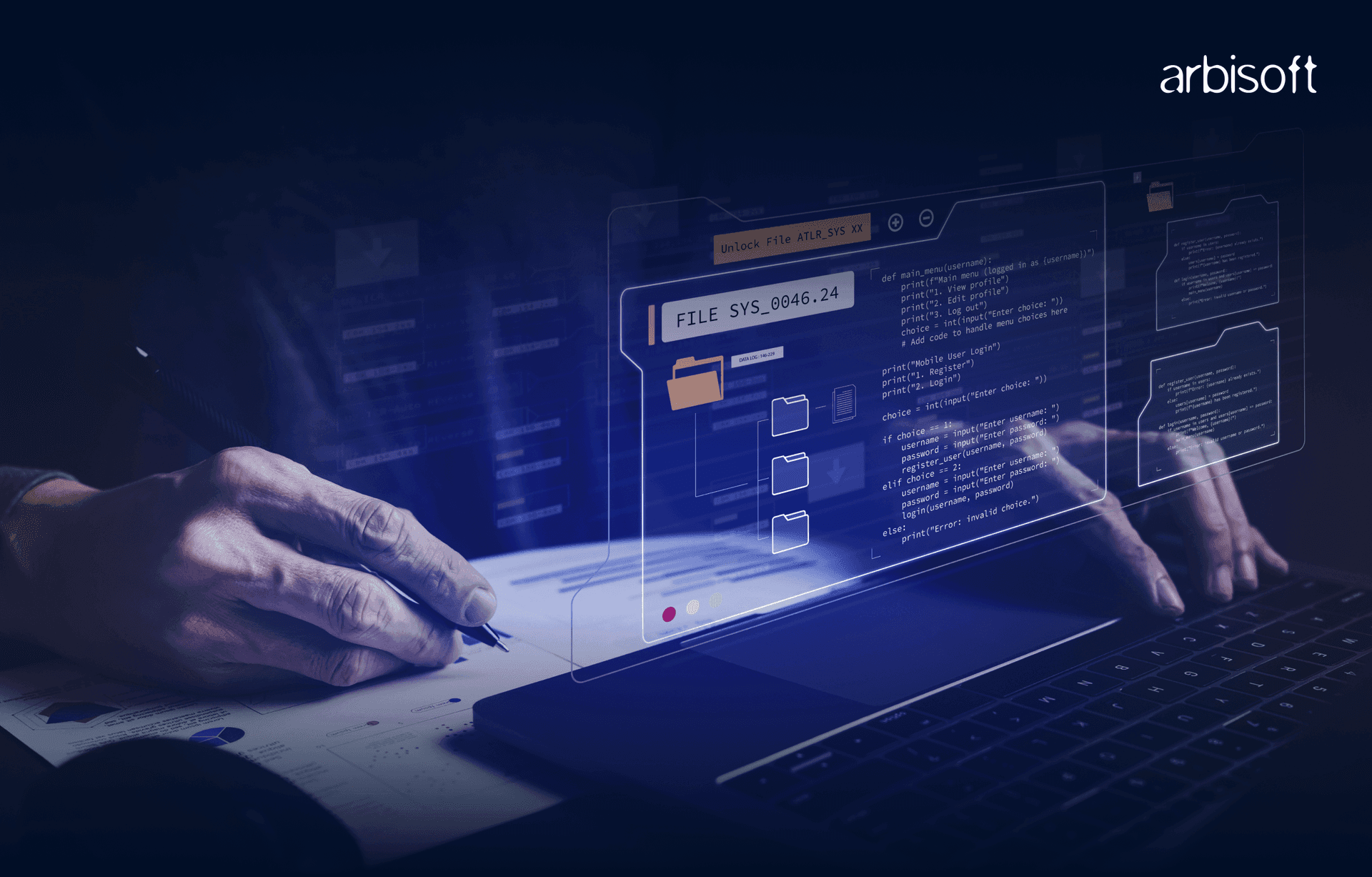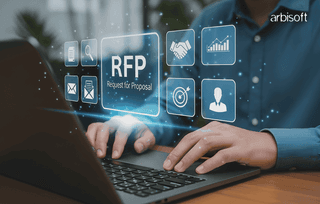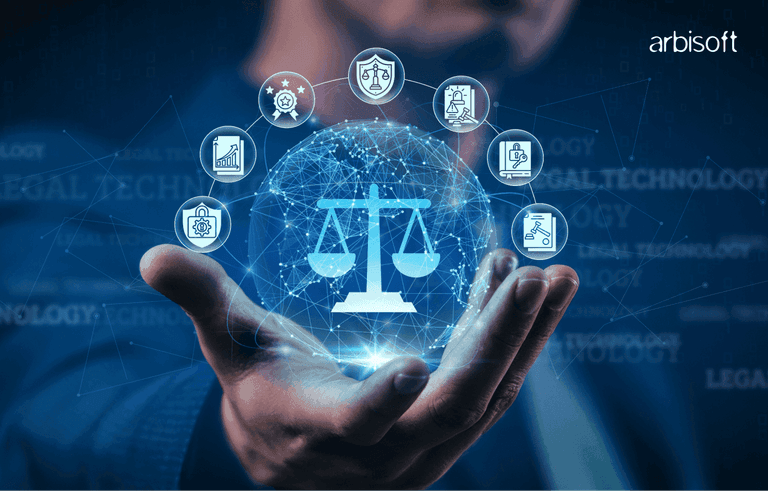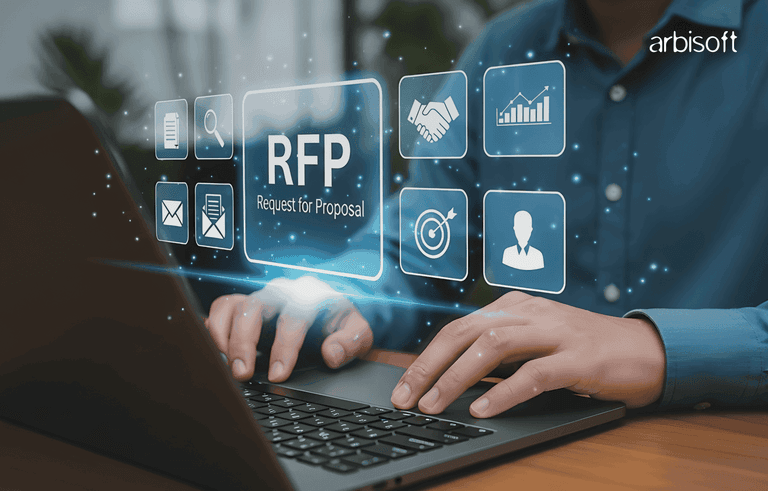We put excellence, value and quality above all - and it shows




A Technology Partnership That Goes Beyond Code

“Arbisoft has been my most trusted technology partner for now over 15 years. Arbisoft has very unique methods of recruiting and training, and the results demonstrate that. They have great teams, great positive attitudes and great communication.”
How QA Engineers Approach Non-Functional Testing: Beyond the Basics

Software testing is not limited to testing the functionality of software. It actually has two main categories: functional testing and non-functional testing. Functional testing covers the overall functionality of the software. It is done to ensure that the software is working as expected and that we are meeting the client’s expectations. Functional testing includes unit testing, integration testing, system testing, and acceptance testing.
Besides functional testing, we need to test the non-functional behavior of the software as well. Non-functional testing ensures that the software performs well under different loads. It checks the security, reliability, accessibility, and design, with usability testing being one of the most critical types. There is a difference between design and usability testing. Most people think they are the same, but they are not.
- Design bugs, such as alignment issues and color inconsistencies, fall under design testing. Their presence in software affects the visual appeal of the user interface (UI).
- Usability bugs, on the other hand, arise from poor user experience (UX). The user experience of the software may not be very effective. For example, users might have to perform too many steps to execute a search, or they may prefer a more convenient and time-saving search process.
In short, SQA engineers go beyond functional testing to ensure that software meets user expectations, and client expectations, and adheres to industry standards.
In this blog, you will learn about the strategies, techniques, tools, and industry best practices that QA engineers use to perform non-functional testing.

1. Understanding Non-Functional Requirements
Non-functional requirements depend entirely on the nature of the software. They are influenced by the industry type, business needs, and user demographics. Some examples include:
- A travel website like Kayak must load results pages quickly without delays. It should offer flawless cross-device and cross-platform usability.
- A fintech app like Binance must perform well under heavy loads while ensuring security and reliability.
- A gaming app like PUBG should have minimal lag, low latency, and smooth rendering.
SQA engineers should work closely with business analysts, solution architects, and product managers to transform these non-functional expectations into testable non-functional test cases.
2. Performance Testing: Beyond Load Testing
Performance testing is not limited to load testing. It also includes stress testing, soak testing, and scalability testing.
- Load testing: Checks the system’s behavior under expected load.
- Stress testing: Evaluates system limits by applying more load than expected.
- Soak testing: Tests system stability by applying high load over an extended period.
- Scalability testing: Ensures that the system can scale up or down when the load increases.
How to Execute Performance Testing
Let’s take a large e-commerce platform (referred to as Confidential) as an example.
Performance Goals:
- Response time should be under 2 seconds.
- The system should support 50,000 transactions per minute.
- The error rate should be less than 1%.
During peak hours, Confidential expects high load. To ensure fast load times, SQA engineers follow these steps:
- Analyze data and define user scenarios
- User journeys include browsing categories, adding/removing items from carts, entering shipping information, and completing purchases.
- Use tools like Gatling, K6, and JMeter for test execution
- JMeter tests backend APIs (e.g., search and checkout).
- K6 simulates user actions and scales up to 50,000 users.
- Gatling tests if pages load smoothly during peak hours.
- Analyze system results
- Engineers examine database queries, server logs, and frontend performance for bottlenecks.
- Identify and resolve bottlenecks
- Slow database queries (e.g., inefficient indexing or caching).
- Server errors (e.g., 500 errors due to payment gateway failures).
- Poor frontend performance (e.g., slow page load times due to high-resolution images or excessive HTTP requests).
Once issues are fixed, engineers retest and monitor them daily.

3. Security Testing: Staying Ahead of Hackers
Some companies have dedicated penetration testers for security testing, but at Confidential, security testing is not limited to them. SQA engineers play a crucial role in detecting vulnerabilities early by integrating security checks into the software development lifecycle (SDLC).
Security Testing Approaches:
- Static Analysis (SAST): Identifies security flaws in code before deployment, ensuring adherence to safe coding practices.
- Dynamic Analysis (DAST): Tests features in production to detect vulnerabilities in real time, focusing on areas like authentication and payment processing.
- API Security Testing: Ensures APIs follow authentication, authorization, and data integrity principles.
- OWASP Top 10 Testing: Protects against threats like XSS, SQL injection, and broken authentication.
How Confidential Strengthens Security:
- Vulnerability Scanning: Uses tools like OWASP ZAP, Burp Suite, and Snyk to detect threats.
- Role-Based Access Control (RBAC): Ensures users (e.g., admins, vendors, customers) have correct permissions.
- Encryption & Token-Based Authentication: Implements SSL/TLS encryption and ensures OAuth and JWT are correctly applied.

4. Usability Testing
Usability testing measures how easy software is to use.
SQA engineers at Confidential bridge the gap between UI and UX by simulating user interactions. They use different personas to test usability and employ A/B testing to optimize the user experience.
5. Accessibility Testing (A11y)
SQA engineers ensure the software is usable for people with disabilities, including visual, hearing, and motor impairments.
To comply with WCAG standards, they use tools like WAVE, Axe, Lighthouse, and LambdaTest.
They also conduct cross-device testing to ensure responsiveness across different screen sizes.
6. Reliability Testing
Reliability testing ensures the software functions without failure under various conditions.
As an e-commerce platform, Confidential prioritizes system reliability to maintain customer trust.
Reliability Testing Approaches:
- Failover Testing: Ensures the system recovers quickly after failures (e.g., payment gateway or inventory issues).
- Uses backup servers (failover servers) and tools like Gremlin and Chaos Monkey to simulate faults.
- Chaos Testing: Introduces disruptions (e.g., disabling database connections) to assess system resilience during peak sales (e.g., Black Friday).
- Disaster Recovery Testing: Evaluates backup and restore mechanisms for catastrophic failures like server crashes or data loss.
7. Compliance and Regulatory Testing
SQA engineers at Confidential ensure compliance with data protection and payment security standards.
They conduct checks for:
- Data Privacy (CCPA & GDPR): Verifying data encryption, anonymization, and user data deletion.
- Cookie Consent Compliance: Ensuring legal compliance in different regions.
- Payment Card Security (PCI DSS): Securing payment transactions.
8. Integrating Non-Functional Tests into CI/CD Pipelines
Confidential has integrated non-functional tests into its CI/CD pipelines to ensure high-quality software delivery. This approach allows continuous monitoring and early detection of issues, making the software more robust.

Conclusion
Non-functional testing is just as critical as functional testing. It ensures that software performs optimally under various conditions, remains secure, and provides a seamless user experience. By integrating advanced non-functional testing strategies, QA engineers help build software that meets industry standards and exceeds user expectations.
























